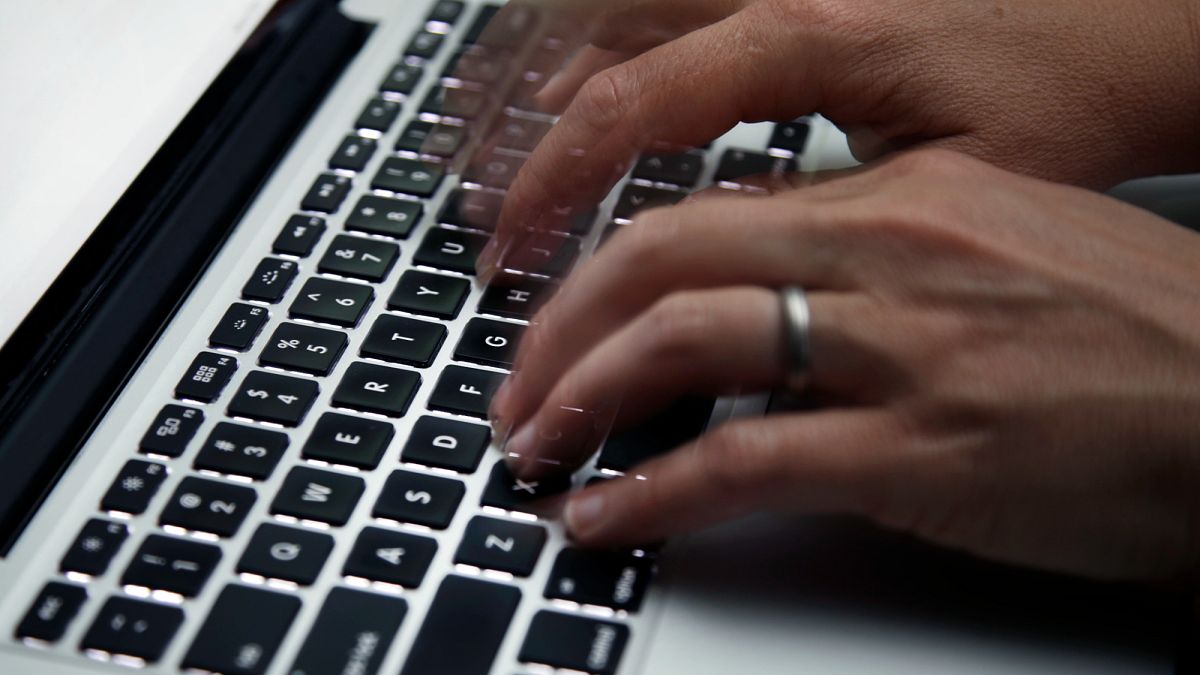

In a world where technology increasingly interweaves with daily life, emerging stories reflect both the potential and challenges posed by innovations. From artificial intelligence’s growing role in creative industries to concerns about privacy and ethics, society must carefully navigate these developments with mindfulness and foresight.
The realm of artificial intelligence continues to expand, with its applications now touching upon the art of filmmaking. An Indian film company is set to re-release the 2013 romantic drama “Raanjhanaa” with an alternate, AI-generated ending—one that departs significantly from the director’s original vision. This change represents a pioneering instance in cinema history, showcasing AI’s capability to transform narratives. Rebranded as “Ambikapathy” in its Tamil-language version, the film’s new “happy” ending replaces the previously tragic conclusion. As technology redefines creative boundaries, this development invites a conversation about the artistic integrity and the role of AI in storytelling.
Similarly, AI’s potential to address societal challenges is evident in the ongoing battle against deepfakes—hyper-realistic fake videos generated through machine learning. Experts advocate for the use of AI technologies themselves to develop sophisticated detection tools that can differentiate authentic content from fabricated ones. This reciprocal use of technology serves as both a shield and a sword in combating disinformation, showcasing how innovation can be harnessed to uphold truth and integrity within the digital media landscape.
However, the convergence of technology and human rights also demands ethical consideration, as demonstrated by recent reports of missionaries using tech devices to evangelize isolated Amazonian tribes. Despite strict governmental protections for indigenous peoples in Brazil, the presence of solar-powered audio devices and drones in the Javari Valley highlights the complexities of modern missionary efforts and the need to balance cultural respect with technological advancement. These activities raise important questions about consent and the ethical implications of utilizing technology in culturally sensitive regions.
In contrast, technology’s positive potential is similarly illustrated in industry partnerships like the significant agreement between Tesla and Samsung Electronics. Elon Musk’s Tesla has secured a record-breaking €14 billion deal with Samsung for the production of chips powering Tesla’s self-driving vehicles. This collaboration demonstrates how strategic alliances between global technological leaders can drive innovation forward, promising advancements in transportation technology that may eventually lead to safer, more efficient autonomously operated vehicles.
Moreover, the integration of technology into public safety systems, such as Google’s earthquake alert mechanism, underscores both the promise and limitations of tech-driven solutions. Google’s recent admission of its alert system’s failure to warn many individuals before the 2023 Turkey earthquake illustrates the challenges inherent in developing reliable early warning systems and the essential need for continuous improvement to protect communities from natural disasters.
The landscape of technological progress invites us to consider the myriad ways innovation can influence our world positively. Whether augmenting creative endeavors, improving safety, or challenging ethical norms, the mindful application and management of technology stand to shape a future that thoughtfully integrates human values with technological potential. As society continues on this journey, fostering dialogue and collaboration across sectors will be crucial in ensuring that the fruits of innovation nurture growth and serve the greater good.
Source: {link}
